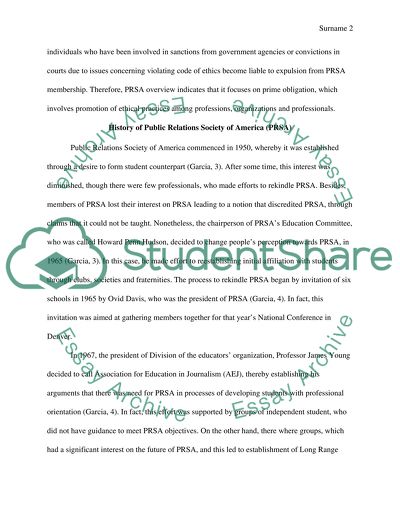Cite this document
(“Public Relations Society of America's ethical standards Research Paper”, n.d.)
Retrieved from https://studentshare.org/journalism-communication/1474076-public-relations-society-of-america-s-ethical
Retrieved from https://studentshare.org/journalism-communication/1474076-public-relations-society-of-america-s-ethical
(Public Relations Society of America'S Ethical Standards Research Paper)
https://studentshare.org/journalism-communication/1474076-public-relations-society-of-america-s-ethical.
https://studentshare.org/journalism-communication/1474076-public-relations-society-of-america-s-ethical.
“Public Relations Society of America'S Ethical Standards Research Paper”, n.d. https://studentshare.org/journalism-communication/1474076-public-relations-society-of-america-s-ethical.


